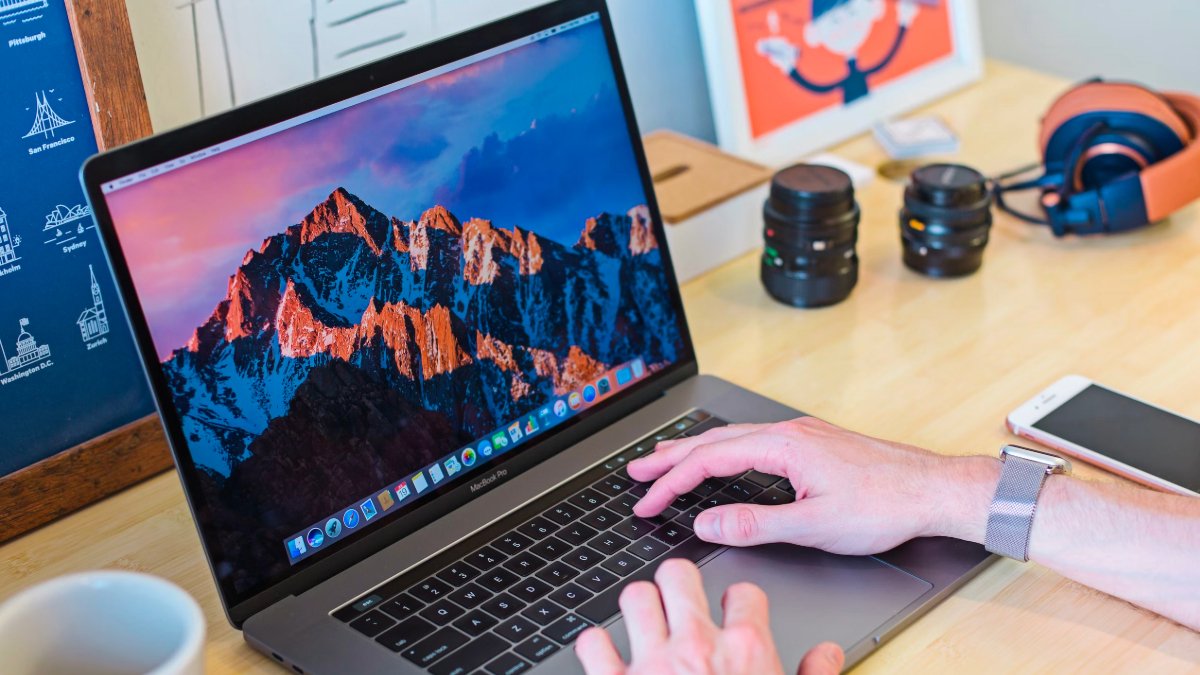

If you didn’t quite like the default app icons in macOS Big Sur or macOS in general, you’re not alone. The good thing is, that you can change these default icons to ones that you prefer.
In this guide, we’ll dive deep into how to change the default app icons on your Mac. This process process involves collecting custom icons in PNG format, converting them to ICNS, and setting them for your apps. With that said, let’s roll in.
Follow these steps to change your Mac’s default app icons to the ones that you like:
To change the default app icons on macOS Big Sur, the first step is to download the icons that you want to use. You can collect custom icons in PNG format from various sources, including web-based icon repositories such as IconsDB, PNGTree, FlatIcon, and Icons8.
It’s worth downloading them in PNG format to add them as app icons on your Mac seamlessly. If you can download them in the .icns file format, that’s even better. One great resource for downloading icons for Mac is Image2icon, which is a free app that allows you to use different templates to match the macOS Big Sur rounded square icon aesthetic.
To add custom app icons on your Mac, you need to convert them to ICNS file format. You can use a converter app to do that if your icon is in PNG, JPG, or another file format.
One way to convert them is to use the CloudConvert PNG to ICNS Converter web app.
Here are the steps to convert:
Now that you have icons ready in ICNS format, it’s time to add them to your Mac’s apps. Follow these steps to change the default app icon for apps on macOS:
In case you want to revert to the default app icon on your Mac, carry out these steps:
Regrettably, the methods mentioned here don’t apply to the default Apple apps on macOS 11 Big Sur and beyond. They’re safeguarded in the Signed System Volume (SSV), shielding them from changes.
That said, disabling the SSV demands tech know-how and comfort with system settings. Caution is crucial – tweaking these files can lead to problems like app glitches and system hitches. If you’re not tech-savvy, it’s wise to steer clear of altering these settings to avoid potential issues with your Mac.
Changing the default app icons on macOS is a simple and effective way to personalize your computer’s appearance. By following the steps outlined in this guide, you can easily customize the look of your apps and make your Mac more visually appealing and unique.
But when doing so, be cautious when altering system files, as it can lead to unexpected issues. Always remember to create a backup of your system before making any significant changes.
Until next time, cheers!
This post was last modified on December 24, 2023 12:29 am